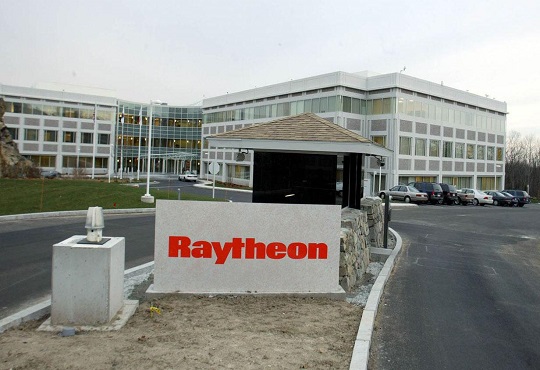Raytheon Technologies Join hands with SpiderOak to Secure Satellite Communications
CIOTechOutlook Team | Wednesday, 12 April 2023, 06:16 IST
 A strategic alliance to create and deploy a new generation of zero-trust security systems for satellite communications in proliferating low-Earth orbit, or pLEO, was announced by SpiderOak and Raytheon Technologies' (NYSE: RTX) BBN subsidiary.
A strategic alliance to create and deploy a new generation of zero-trust security systems for satellite communications in proliferating low-Earth orbit, or pLEO, was announced by SpiderOak and Raytheon Technologies' (NYSE: RTX) BBN subsidiary.
To provide mesh network resilience in contested areas, SpiderOak's OrbitSecure technology and Raytheon BBN's Distributed, Disrupted, Disconnected and Denied (D4) secure cloud solution will be merged.
"This partnership is paving the way toward secure, on-demand, Geostationary Equatorial Orbit network-like pLEO communications," said Raytheon BBN President Jason Redi. "Raytheon's networking technology ensures that the satellite constellation provides the best routing solution during normal operation, while also dynamically supporting autonomous cross-link routing during disrupted environments. SpiderOak's technology allows us to maintain distributed secure operations with high efficiency, particularly when the constellation is reconfiguring and paths are not preplanned."
"This cooperative effort reflects a common vision for a disruption-tolerant space networking future, which will be important for all mesh networks, and absolutely vital for the future of battle management command and control," said Charles Beames, SpiderOak executive chairman.
Notwithstanding orbital or malevolent dynamics, the unified system can be used across multi-vendor constellations and will offer optimum resilience and efficiency in challenging or hostile operating settings. This encompasses kinetic and cyber hazards that call for flexible and redundant on-orbit networks and network functions.
The capability created during phase one will be integrated into space-qualified hardware during this 12-month project by Raytheon, Raytheon BBN, SEAKR Engineering, and SpiderOak with the aim of making it flight-ready.
In Cambridge, Massachusetts; Reston, Virginia; and Centennial, Colorado, work is being done on D4-Secure.
























































.jpg)
.jpg)








.jpg)

.jpg)

.jpg)
.jpg)



.jpg)


.jpg)





























.jpg)

.jpg)
.jpg)

.jpg)
.jpg)

































.jpg)

.jpg)



















.jpg)
















.jpg)












































































































